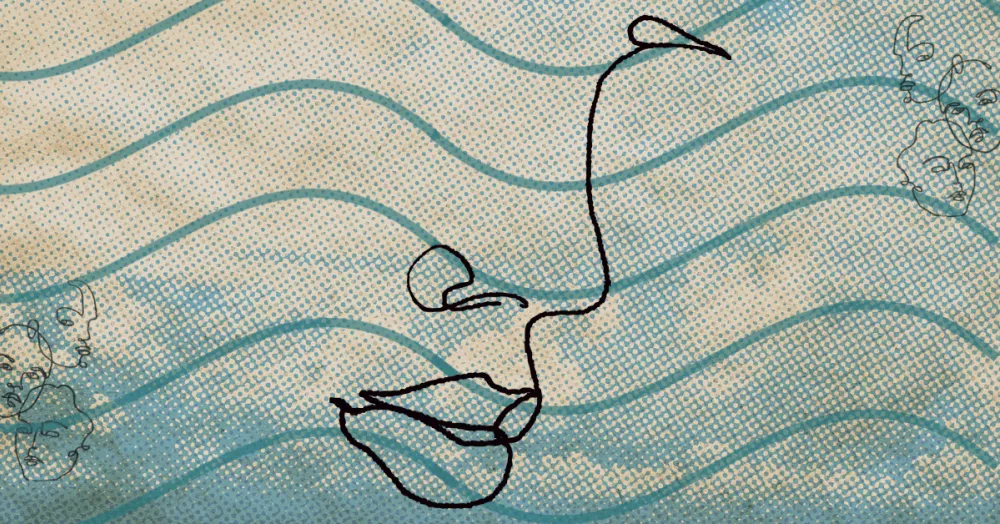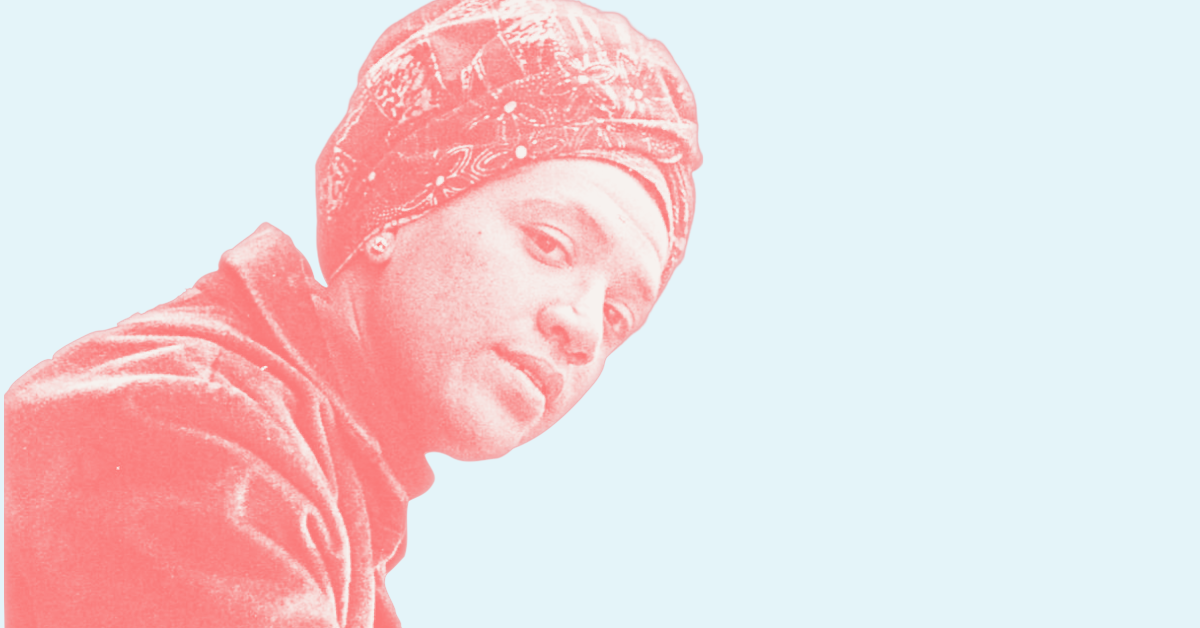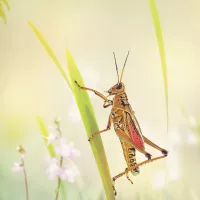The Hey Black Child Poem by Useni Perkins
Hey black child is written in an era where whites dominated blacks. It’s written to motivate black children to have faith in themselves.

Poetry and prose have been used as a tool for social change since the beginning of time. In fact, it's hard to imagine a time when they weren't used that way—the very act of crafting words into a poem or story is one of communication and influence. It might seem like poetry and prose are only now being used for social change because we've finally reached a point where people are willing to listen to what writers have to say about politics and culture, but in reality, these tools for influencing thought were being used by writers long before Martin Luther King Jr.'s "Letter from Birmingham Jail" or Langston Hughes' "I Dreamed I Saw Joe Louis."
But the events that led up to the civil rights movement were brutal and the scars of slavery were born by generations – generations before the movement, and it also continues to impact the generations of African Americans after the movement. Deep, traumatic scars like these take time, empathy, change in mindset, acceptance and love to heal.
"It is not our differences that divide us. It is our inability to recognize, accept, and celebrate those differences"
― Audre Lorde
If you are afraid of judgment or struggle to express yourself, read Audre Laude quotes on authenticity. Take a small step to be authentically you.
lifeism.coThis poem is written when the next generation of African Americans needed it the most. The poem was written during the Harlem Renaissance. The poem encourages African American youth to follow their passions and become whom they want to be. Poems like these were a ray of hope. After living under oppression for generations, this poem was meant to inspire hope and plant a tiny seed in the young African American children’s minds that they can be anyone they want to be. No matter what history says, no matter what the world might say, they are full of potential.
The poem, even today, continues to inspire new generations. Bold and beautiful, it shines as an inspiring light for every new generation of African Americans.
About the poet - Useni Perkins
This poem is commonly misattributed to great authors of black literature, Countee Cullen and Maya Angelou. But it originally belongs to a renowned poet, playwriter, and youth worker Useni Eugene Perkins. Born in Chicago, Illinois amidst the Harlem renaissance- A cultural movement by African American people which flourished black literature leaving behind the stereotypes, he was one of the writers who inspired the young generation of black children to back themselves and believe that they can do great things.
The poem was initially written as a song by Perkins for one of his plays ‘The Black Fairy’. Soon after the play was successful, Perkins’ brother printed out a poster with the lyrics of ‘Hey Black Child’ and published it. What caused the later confusion was, on the poster that he used Perkins’ first name only ‘Useni’. Later in 2017, Perkins published an illustrated version of this poem in a children’s book.
About the poem
The poem radically tells black youth, especially children to explore themselves, and don’t hesitate in trying new things. Poet uses the technique of repetition to stress upon telling black children that they are competent of doing anything they want. Poet is elaborating on the unlimited possibilities that lie ahead of them if they recognize their abilities. It is a simple poem with deep meaning and motivation.
"You may shoot me your words, you may kill me with your stares, you may kill me with your hatefulness, but still, like air, I’ll rise"
― Maya Angelou
Hey Black Child Poem by Useni Perkins
Hey Black Child
Do you know who you are
Who you really are
Do you know you can be
What you want to be
If you try to be
What you can be
Hey black child
Do you know where you are going
Where you’re really going
Do you know you can learn
What you want to learn
What you can learn
Hey Black child
Do you know you are strong
I mean really strong
Do you know you can do
What you want to do
If you try to do
What you can do
Hey Black child
Be what you can do
Learn what you must learn
Do what you can do
And tomorrow your nation
Will be what you want it to be
Poem analysis
The writer starts each stanza by asking a question to black children. In the first stanza, he asks them whether they know who they really are. It is not the identity writer is talking about, it’s the potential that they possess. Do they realize their full potential? He continues with the possibilities of what they can be. Not just by profession, but as a person. Lastly in the first stanza, he encourages them saying they can be whatever they desire to be if they try hard enough.
In the second stanza, he asks whether they know where they are going. What is their aim? Many black people were treated as slaves during that period. He tries to tell them that they can create their own path regardless of what other people say they should do. They don’t need to walk on the path somebody else has laid down for them. They can learn whatever is necessary to walk down that path. In the last line, he tells them that there is no restriction on things they can learn. They should build the confidence within themselves to discover new things.
In the third stanza, he touches on the strength black children poses within themselves. Not just physical, but mental as well. They possess the capacity to do anything that they desire. The only thing lacking is the confidence to step up for themselves. If they try hard enough, they will achieve anything.
At the time when the poem was written, laws and regulations, people in the country were in favor of discrimination. In the last stanza, instead of asking questions, the poet directly addresses black children about how they can change their nation, making it free from racism. In order to do it, they need to learn whatever is necessary, to be what they are good at doing, and to do whatever they can do. After this, one day the nation will be as they picture it to be right now.
Loss of identity and self can manifest in many ways throughout our lifetime. Here is why it happens and what you can do about it.
lifeism.co Concluding thoughts
We can barely imagine the struggles black people went through to get the respect they deserve. Poems and books like these helped to ignite the spirits among black youths to do something great. This poem was and still is a source of motivation for many young black children. We should realize how lucky we are not to go through all this. We need to make something of this beautiful life we’ve been blessed with.







Comments